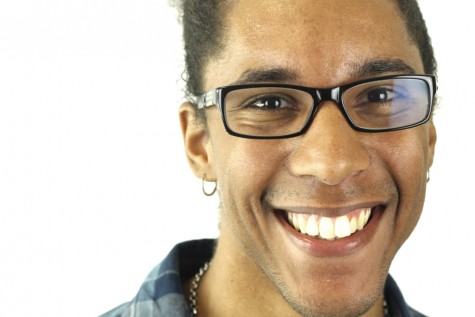Attorney to inform students on citizens’ rights
November 6, 2014
An attorney from Mattoon will visit Eastern students to educate them on their rights as citizens around police officers at 7 p.m. Monday in Coleman Hall.
Corinthian Bethel, the president of the National Association for the Advancement of Colored People, said the attorney, Jay Ferguson, will inform students of how to deal with officers when it comes to their rights as citizens, but he will not be giving legal advice.
Ferguson will instead inform the students of what he has taught police officers when it comes to citizens’ rights, Bethel said.
Bethel said the inspiration for the event came from students who have had negative interactions with police officers in and outside of the Charleston community.
He said the event is not intended to arouse anger from those attending the discussion, but emotions could rise based off the sensitivity of the topic.
Bethel said his organization reached out to both the University Police Departments and Charleston Police Departments. Dan Nadler, the vice president of student affairs, then informed them that both departments had declined the offer to be on the panel to help educate students on their citizen rights.
“I don’t know why they would decline,” Bethel said.
The goal is to educate the students and inform them on such matters, which is why Linda Scholtz, a communications professor, Jeannie Ludlow, an English professor, and Yolanda Williams, a gateway adviser, will assist with the discussion, Bethel said.
Bethel said the students should be able to leave the discussion feeling a sense of empowerment knowing how to address certain situations. He added the NAACP’s goal is all about uplifting the student body, which is why this event is one of the organization’s more serious educational topics.
Citizens have the right to refuse consent to a search of personal belongings, but officers may “pat down” individuals if they suspect a weapon. Citizens also have the right to refuse their vehicle being searched during a car-stop, but if officers suspect evidence to a crime they will search without consent, according to the American Civil Liberties Union website.
Roberto Hodge can be reached at 581-2812 or [email protected].
















































